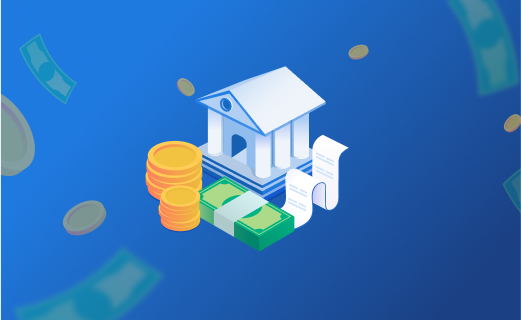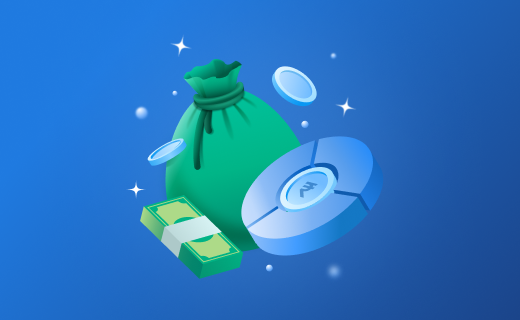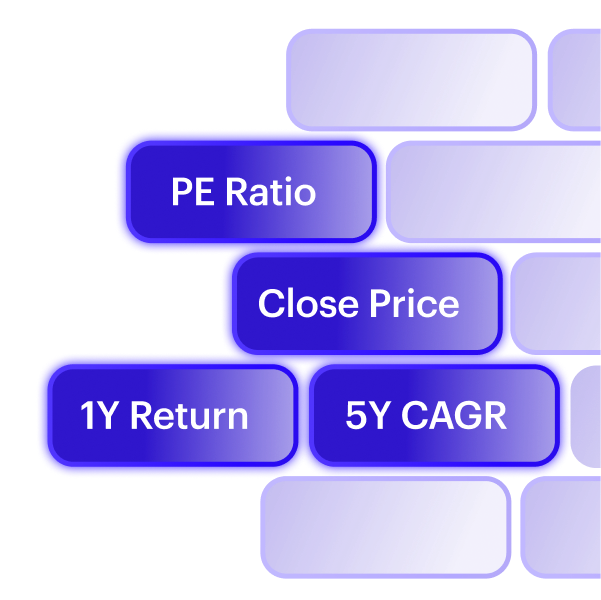In the world of personal finance, there are times when we need additional funds to fulfil our goals or cover unexpected expenses. When faced with such situations, two popular options come to mind: credit cards and personal loans. Both offer access to quick funds, but they come with distinct features and considerations. In this article, let’s explore the differences between credit cards and personal loans, helping you make an informed decision when choosing the right financial tool for your needs.
Table of Contents
Credit card – key information
A credit card is a type of credit instrument provided by banks. It enables you to make purchase transactions on goods and services within a limit determined by the credit card issuer/bank and allows you to borrow funds within a pre-approved credit limit. Your credit limit is based on factors such as income and credit score.
During a cash crisis, having a credit card comes in handy, as you can also avail of a loan from it. A credit card loan allows you to access funds, make purchases, and repay the amount at a later stage. But doesn’t this sound familiar with personal loans? Well, let’s find out.
Personal loan – Key information
A personal loan is a secured or unsecured loan, depending on various factors, that requires minimal documentation and no collateral. It offers flexibility in using the funds for various financial needs like holidays, gadgets, medical expenses, home renovations, weddings, education, and more. Once approved, the loan amount is transferred to your bank account, and you can utilise it as per your preferences. Repayment is made through Equated Monthly Instalments (EMIs) based on factors such as loan amount, tenure, and interest rate.
Let’s explore the difference between credit cards and personal loans.
Credit card Vs Personal loan
| Feature | Credit Card Loan | Personal Loan |
| Purpose | Credit cards are usually used for small and big purchases for business or personal needs. | Personal loans range for a number of purposes, such as medical expenses, children’s education, wedding, home renovation etc |
| Application Process | These loans do not require any additional documentation since the lender already has your personal and financial details. | You will be asked to present certain documents to apply for a personal loan for the purpose of verification. |
| How to borrow | You can get it by using a credit card in-store or online. | You can get a personal loan by applying to a bank or financial institution with documentation. |
| Loan Amount | These loans are suitable only if you want to borrow a lesser amount (within your credit limit). | These loans should be preferred in case of a larger loan amount. |
| Loan duration | Credit card loans have a shorter tenure, usually up to 45 days. It depends on the tenure of your EMI as well. | Personal loans have a rather longer tenure for repayment, generally from 1 to 5 yrs. |
| Additional expenses | Credit card loans do not have any additional expenses apart from the interest charges | Lenders charge processing fees and other expenses on personal loans, apart from the interest charges |
| Eligibility | Only credit card holders can apply for this type of loan. | Even non-customers of the bank can apply for this type of loan. |
| Payment of loan amount | The loan amount is transferred directly to the savings/current account. | The loan amount is paid as a lump sum to the applicant’s savings/current account or via cash/cheque. |
| Time required for approval | A credit loan is generally approved within hours of application. | A personal loan is generally approved within 3-5 working days. Usually, the online loan approval process is completed within 24 hours. |
| Repayment of the loan amount | The loan amount must be paid in monthly instalments as part of your monthly credit card bill. | The loan amount must be paid to the bank in pre-specified instalments within a pre-approved time period. |
| Maximum loan amount | The maximum borrowing limit depends on the pre-approved credit card limit set by the credit card issuer. | The bank decides the maximum loan amount depending on the borrower’s income and credit history. |
| Interest rates | Marginally higher than personal loans in case of delayed or part payments. | Competitive in comparison to cards after the free credit period (i.e. beyond the due date). |
Which one is best for you: A credit card or personal loan?
The choice between a credit card and a personal loan depends on your specific circumstances and financial goals. Credit cards can provide convenience and flexibility for smaller expenses, while personal loans offer structured repayment plans and potentially lower interest rates for larger financial needs. Consider your spending habits, credit history, repayment capabilities, and the purpose of the funds to make an informed decision. Whichever option you choose, remember to use it responsibly, keeping your financial well-being in mind.
FAQs
Should I get a loan or credit card?
Depending on your needs for the loan amount, duration, eligibility, interest rates, repayment timeline, and more, you must decide whether to opt for a personal loan or credit card. While credit cards are generally used for a shorter tenure and personal loans for a longer tenure, it is worthwhile to consult a financial advisor when choosing the right financial tool.
Can you pay off loans with a credit card?
Yes, you can pay off your loan with a credit card. Opting for a credit card with a 0% interest rate introductory period can be particularly advantageous. By taking advantage of this offer, you can repay the loan balance at zero interest, saving both time and money. Remember that the best 0% deals usually require a good credit score, but if you’re not eligible, consider a low-interest rate offer instead. While using a credit card to pay off a loan can be beneficial, it’s important to be aware of potential risks and hidden charges. Always review the terms and conditions of any credit card offer before deciding.
- Best Low PB Ratio Stocks on NSE: Undervalued Nifty 500 Shares - Apr 10, 2025
- List of Top Peforming Sector-Wise Stocks in India on NSE - Apr 10, 2025
- Housing Finance Stocks: Top Companies & Share List - Apr 10, 2025




